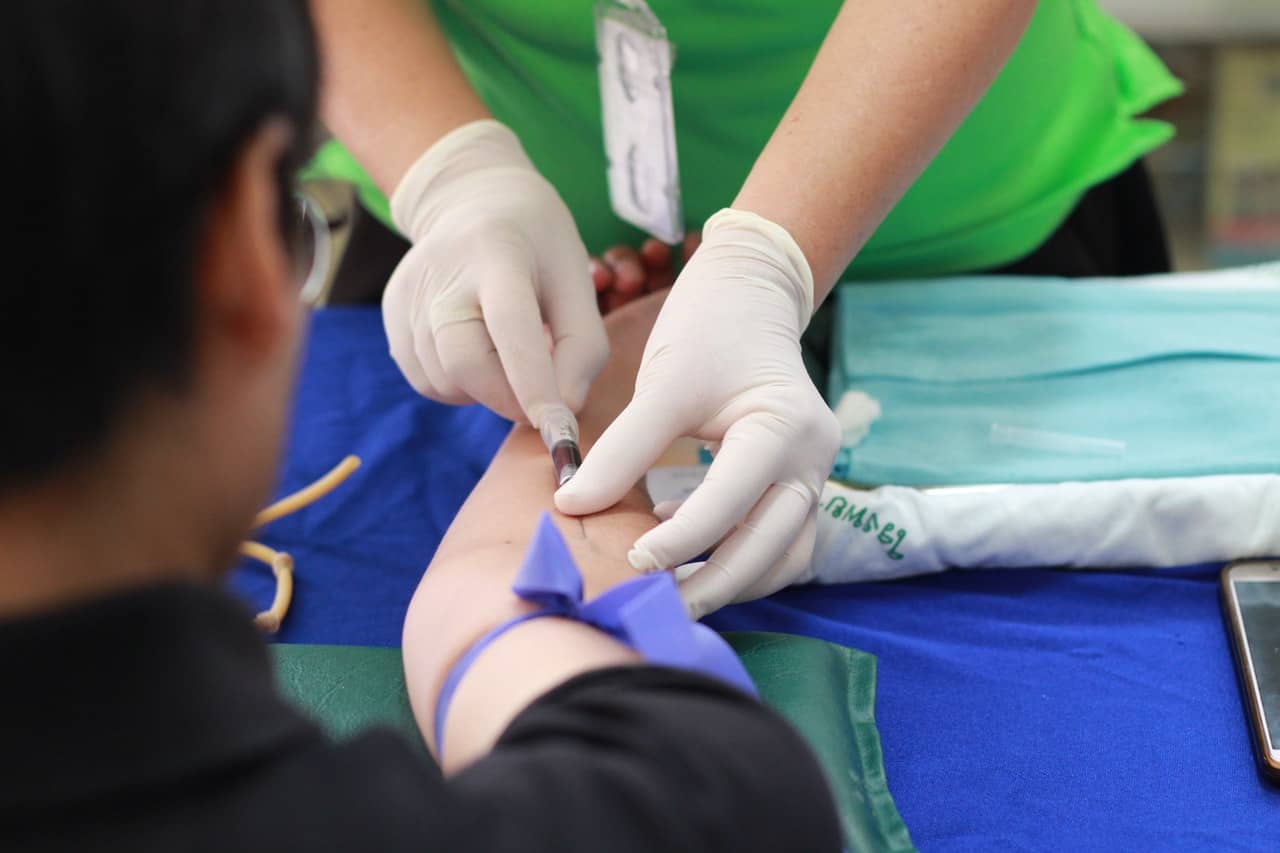
Those living in nursing homes are highly vulnerable to falls, and in many instances, this may be the responsibility of the home itself. If your loved one has been the victim of a fall recently during their stay in a care facility, then it’s important to establish responsibility for the fall and liability for damages. Falls can cause extensive damage to a person who is vulnerable and may lead to high medical bills and even death. Knowing the causes of falls and a nursing home’s responsibility to prevent them are vital to protecting and pursuing compensation for your loved one.
Is a Nursing Home Responsible For Preventing Falls?
Nursing homes are responsible for protecting the health, wellness, and rights of those residents under their care. Part of this duty includes creating an environment that is safe for residents and which minimizes threats to their safety. This extends to removing fall obstacles for those residents who are vulnerable to them. Nursing homes that fail to take proper precautions to protect vulnerable residents may be held liable for injuries they sustain during falls.
Why Do Falls Happen in Nursing Homes?
Falls happen in nursing homes for a variety of reasons, many of which are preventable. Some of the most common are the following:
- Understaffing
- Failure to give residents the right medications
- Poor staff training (with today’s accessible online medical certificate programs there’s really no excuse)
- Damaged walking aids
- Issues during the transfer of residents
- Floor hazards
- Failure to evaluate a resident’s risk of falling
- Malfunctioning bed rail
Falls can be deadly to nursing home residents, making it vital that a resident’s risk of suffering one is properly assessed. The right precautions also need to be taken by the home to reduce the risk that one occurs.
Does My Loved One Have a Case After a Fall?
After a fall, it’s important to know whether or not your loved one has a case. A fall generally never occurs in isolation and often indicates deeper abuse, especially in the form of neglect. To determine if your loved one has a case, it’s important to collect evidence of their abuse early after their fall and information about the circumstances surrounding it. Working with a Maine nursing home abuse lawyer can help you get the evidence you need to establish the nursing home’s responsibility.
What Can a Nursing Home Do to Prevent Falls?
A nursing home can take many steps to prevent falls by its residents, which underscores the amount of responsibility they have to ensure the safety of vulnerable residents. Some of the precautions that nursing homes can take include the following:
- Hiring more staff
- Installing bed rails
- Conducting regular bathroom checks
- Adjusting bed height and position
- Installing bed alarms
Nursing homes that don’t take these steps or neglect to fully implement them can put their residents at risk of accidents that are otherwise preventable. The facility will have a record of steps they have taken to protect residents, and these, or the lack of them, can prove invaluable during an investigation into the circumstances surrounding a fall by your loved one.
Bottom Line
If your loved one suffered a fall during their stay in a nursing home, then it’s important to find out what caused their fall and what responsibility the nursing home may bear. Your loved one can be eligible to obtain compensation from the facility to cover their medical expenses and any injuries they may have suffered. However, you must act quickly in the wake of a fall by your loved one, as the evidence needed to establish responsibility may soon become impossible to collect. With fast action, you can get the compensation to which your loved one or family are entitled after a fall.








